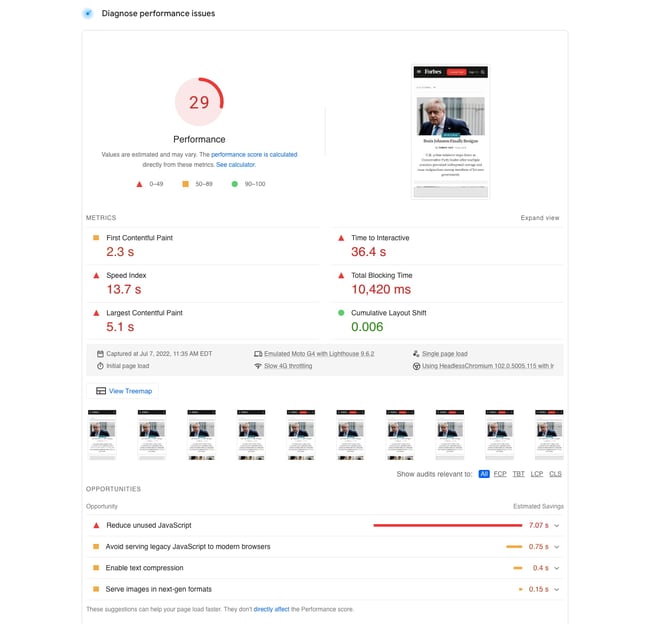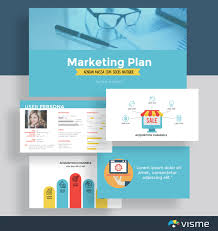
First, define your SEO goals. Next, define your KPIs. SEO strategies should align with the macro-objectives for the brand. It can increase brand awareness or position your site in the first position on Google. Setting KPIs will help you identify your goals. Page authority and domain authority are two metrics that can be used to measure authority. These metrics can help you determine the effectiveness or your SEO strategy.
Off-page SEO
Off-page SEO strategies involve getting your business listed in hundreds of authoritative directories. Google My Business is one of these directories. These directories can help with SEO link-building and will give your business more exposure in search engines. It will also boost your trust among users. There are many other ways you can get your website listed.
Local SEO
A Google My Business Page is essential for local SEO. Include useful text and images and include links to your website and social media pages. Google is an excellent way to get new leads. Three tips to create a successful Google My Business Page. Next, use them to improve local search results. Here are three of the most important strategies to use to boost your local SEO.

Voice search
SEO strategies that use voice search are crucial for getting the best results. Voice search results are typically listed in the first three positions on SERPs, which can significantly improve your website's authority. You can optimize content for voice-search to attract more traffic and converts. Conduit can offer expert digital marketing support. Avoid long-winded content as users are more likely to ask for information in whole sentences than in lengthy ones.
KPIs
The key component of SEO strategies that work is to determine your KPIs. Using customer-oriented metrics can ensure that your SEO efforts meet business objectives. While SEO is often confused with metrics, these two terms are quite different. This article will help you understand the differences between KPIs and metrics and how they affect your SEO. By the time you're done reading this article, you'll have a better understanding of what SEO is and how it works.
Tools
Search engine optimization (SEO), is an evolving field. SEO tools are essential to maintain the relevancy of your website. These tools will allow you to determine the health of your site and pinpoint any problems, opportunities or weaknesses that could keep you from ranking high in search engines. Here are some of these most useful tools for SEO professionals. Each tool has a specific purpose. To maximize your SEO results, you need to know how to use them.

FAQ
What is an SEO marketing campaign?
An essential part of any website is its content. You won't be able to rank high enough in searches if your website doesn't provide relevant and useful content.
SEO campaigns improve your website through the acquisition of links from other websites that point to it. It includes social media optimization. This involves using Twitter and Facebook to increase brand awareness and drive more traffic.
These will bring more users to your website and improve rankings. SEO campaigns are focused on building quality links back from your site to ensure that Google recognizes your website as valuable.
Why SEO strategy is essential?
The main goal of search engine optimization (SEO) is to increase traffic to your site by getting as many people as possible to find you when they use Google.
Search engines such as Google, Yahoo!, Bing, and others store information about websites on servers called "crawlers," which send this data back to the company's central database. This allows them index web pages for search purposes.
People will click on your links and visit your pages if you appear high in the results. These searches will not show you, so you won't get found.
The most effective way to ensure your site gets noticed is to rank highly in all the major search engines. There are two main methods to achieve this: paid advertising or natural organic links.
Paid Adverts - Companies that pay per-click for online advertising to appear first in search results will be known as Paid Advertising. These ads can be banner ads or text ads.
Natural Organic Links: These are links where you have created a great site over time, and gained trust from your industry. You build links naturally over time through blogging, guest posting, commenting, linking, etc.
You must continually invest in both types of marketing to stay ahead of your competition.
SEO: Is link building still relevant?
Link building will continue to be important, but the way you approach it today is very different from 10 years ago. How businesses find customers and make sales is the biggest challenge they face today. Search engine optimization is where you come in.
Nowadays, businesses need to use social media, and content marketing strategies are also very important. Google penalizes websites which have too many links to their sites. This is because linking to multiple sites can lead to Google penalizing you.
These factors all mean that link building is no longer as important for ranking your website.
Statistics
- These guides are designed and coded 100% from scratch using WordPress. (backlinko.com)
- 93%of online experiences today begin on search engines. (marketinginsidergroup.com)
- Sean isn't alone… Blogger James Pearson recently axed hundreds of blog posts from his site… and his organic traffic increased by 30%: (backlinko.com)
- Which led to a 70.43% boost in search engine traffic compared to the old version of the post: (backlinko.com)
- Deleting those 10k pages is one of the main reasons that he improved his site's organic traffic by nearly 90%: (backlinko.com)
External Links
How To
How do I create my first blog?
It's simple! WordPress is an excellent tool for creating a blog. The user can modify the look and feel of their blog easily by adding themes and changing fonts and colors. They can also add plugins which allow them to alter certain aspects of their site based upon visitor activity.
There are many free templates you can download from WordPress.org. You also have the option to purchase premium templates. Premium templates include extra pages, plugins, advanced security, and more.
After you have downloaded the template, you will need to sign up to a free hosting account to upload your files to your blog and manage it. Many hosting companies offer free accounts. However there are limitations to how much space you can have, how many domains your site can host, and how often you can send emails.
You will need separate email addresses if you want to use multiple domain names. This service is offered by some hosts at a monthly charge.
It's easy to wonder why someone would pay to host a blog online, especially if you're just starting out with blogging. Hosts offer unlimited storage space. This means that files can be saved indefinitely and won't be lost if they're accidentally deleted.
Many hosts let you host multiple domains. That means that you can have different websites under the same hosting plan. It is possible to avoid multiple email accounts by registering for one interface, allowing you to manage all of your sites from the same place.
Some hosts offer social media sharing buttons that allow visitors to quickly share their posts on the web.
Hosting providers usually offer tools to manage your blog. You can see your site's performance stats and compare it to other blogs.
These tools will make managing your blog much easier and more efficient. It's worth looking at before you decide on a hosting plan.
To sum up:
-
Choose a topic relevant to your business;
-
Create engaging content;
-
Optimize your site using SEO techniques;
-
Promote your site using social media channels;
-
You can monitor your statistics and make adjustments if necessary.
-
Keep your blog updated regularly, last but not least.
In other words, create quality content, promote it effectively, track its success.